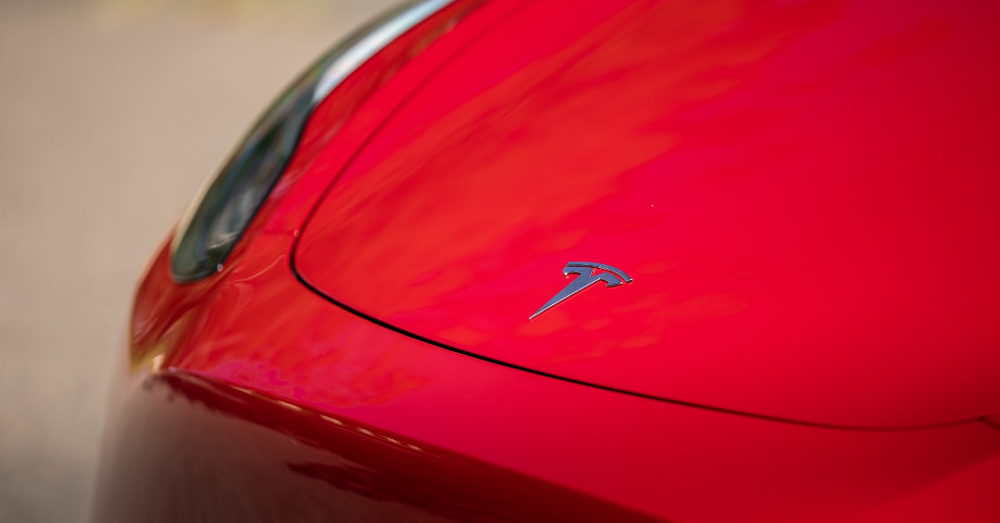Does Tesla take customer complaints seriously enough? Recently, a Tesla whistleblower leaked data that shows customer complaints without company responses.
Tesla must protect its reputation as a tech giant in the automotive industry. While a pioneer of the electric vehicle movement, Tesla positioned itself as a tech giant with advanced safety and infotainment systems. One such system is the Tesla Autopilot semi-autonomous driving system, which has come under public scrutiny and is under government investigation. Recently, a much larger stain has been put on Tesla’s reputation, one in which serious changes could be required by the company.
What did the whistleblower leak?
Whistleblowers are often disgruntled former employees of companies who collect data and bring information to the public view of wrongdoing within a company. The Tesla whistleblower took more than 100 GB of data to German newspaper Handelsblatt, showing Tesla doesn’t address customer issues and complaints but focuses instead on protecting the company’s reputation by working to avoid litigation. This is a bleak picture of what Tesla offers, considering it’s supposed to be the leader in semi-autonomous driving technology. This leak puts Tesla’s already damaged reputation in the proverbial dumpster, but is this a fair assessment of the information?
What complaints are part of the leaked information?
Once analyzed, the newspaper reports the complaints in the files are extremely alarming. These files contain more than 2,400 complaints of cars suddenly accelerating, 1,500 related to unintended braking, and more than 1,000 crashes. In more than 3,000 cases, the use of the Tesla Autopilot system or another form of the driver assistance technology were involved in the incident.
The most alarming part of these complaints isn’t the volume, but the company’s response to them. When Handelsblatt got in touch with owners who had filed complaints with the company, the general impression was that the company was more invested in protecting itself than fixing the problem that caused the complaint.
Tela’s direction is alarming
How were Tesla employees directed to handle customer complaints? According to the files gathered by the Tesla whistleblower, employees were directed to provide information verbally and never in writing. This went as far as to advise employees to avoid leaving voicemails with customers. The general premise for this is to avoid leaving any paper trail while handling a complaint.
Does Tesla have a response to these leaked files that would repair its damaged reputation? Let’s see.
The Tesla response
As expected of any large company in today’s world, Tesla is taking aim at the newspaper and the unnamed source that leaked the files. This action came from a statement made by Joseph Alm, Tesla’s managing counsel for litigation when he said:
“The possession of [illegally obtained] data itself without proper justification breaches, among other things, data protection law, and mishandling this information subjects recipient, such as Handelsblatt, to liability or violation of trade secrets, data protection law, and handling stolen data, among other things.”
Alm goes on to suggest the information was released by a disgruntled ex-employee of Tesla just before their departure from the company.
What should happen in this case?
In most cases, when a whistleblower has data to share with the public, it’s obtained illegally and could come with charges against that individual. That said, the light this Tesla whistleblower shines on the company and how complaints are handled is alarming. The data could lead to Tesla being fined, forced to be more transparent in its customer relations programs, and improving systems that are common complaints.
The Tesla Autopilot system is currently under investigation, with serious concerns expressed by the secretary of transportation.
Does Tesla have a leg to stand on?
Although the Autopilot system is under investigation, and these complaints seem to be handled in a self-preservation method, we’re only gaining a glimpse into the data and information. Tesla might handle complaints properly but simply won’t create a paper trail, although that’s giving this company too much credit considering its history.
For the most part, it doesn’t look like Tesla has much of a case, at least in the “court of public opinion.” This might not be the same as the legal court, in which Tesla will likely have to defend its actions, but it’s the court where reputations are built, and sales can be lost.
As the fallout continues regarding this 100 GB customer complaint data breach, we’ll get a better idea of what Tesla intends to do about this breach and how it will respond to customer complaints and concerns in the future.
This post may contain affiliate links. Meaning a commission is given should you decide to make a purchase through these links, at no cost to you. All products shown are researched and tested to give an accurate review for you.
